|
What do reproductive justice, burlesque, and fire-eating have in common? (Yes, you read that correctly!) Here's what: A fundraising event that will change lives: Kentucky Health Justice Network’s third burlesque show, “Peek-a-Boo!” WHEN: Friday, November 7, 2014 Doors open and seating begins at 8pm, show at 9:30pm. WHERE: The Cure Lounge 1481 S. Shelby St., Louisville, KY 40217 WHAT: an evening of fabulous entertainment including burlesque, dancing, fire eating, and fun, with all proceeds benefiting Kentucky Health Justice Network's programs WHO: You, your friends, your co-workers, and all the fabulous reproductive justice advocates in your life! Please note this venue is ages 21 and over. TICKETS: $10-20 sliding scale at the door. RSVP on Facebook here. Thanks to our fantastic event sponsors:
The Cure Lounge Carla Wallace Theiss Law Offices, PLLC Planned Parenthood Advocates of Indiana and Kentucky Kentucky Religious Coalition for Reproductive Choice ACLU of Kentucky Indy Feminists Rootbound Farm Colin Maloney Fairness Campaign Judi Jennings Want to support the event even more? Sponsorships of this event are a great way to show your organization or group's support for the cause, and come with perks like free tickets and drinks and your name on the event program. Click here for sponsorship information!
1 Comment
by Caitlin Willenbrink, chair, Kentucky Health Justice Network board of directors and chair, Kentucky Religious Coalition for Reproductive Choice board of directors
This article is cross-published in Kentucky Religious Coalition for Reproductive Choice's Fall 2014 Voice for Choice newsletter. This year, constitutional amendments to define personhood as beginning at conception will be on the ballot in two states, North Dakota and Colorado. These fetal personhood measures are a dangerous tactic that national anti-choice organizations are undertaking as a strategy to undermine abortion rights, but the effect of the policy would be much more widespread than that. Personhood measures undermine the bodily autonomy of pregnant people and all people and create situations where a citizen could be criminally prosecuted for a miscarriage, in vitro fertilization, or even using emergency contraception. Unfortunately, we do have case studies of the implications of fetal personhood policy, even though no state has yet adopted such a measure. Bestowing fetuses with personhood through policies like fetal harm laws can and has lead to pregnant people losing basic human rights as a result only of their pregnancy. Alabama’s “Chemical Endangerment of a Child” law was written to give the state power to prosecute parents who knowingly expose their children – to deter people from bringing children to places where controlled substances are produced or distributed, such as methamphetamine laboratories. But since it was enacted, more than 100 women who became pregnant and tested positive for a controlled substance have been arrested. Some have experienced pregnancy losses, but the majority have continued their pregnancies to term and given birth to healthy children. Recently, a similar bill passed in Tennessee to authorize the criminal prosecution of pregnant people who use drugs. A related case arose recently in Montana, where a woman who was 12 weeks pregnant was arrested for having a positive drug test. Leaving aside the tenuous research that links drug use with poor pregnancy outcomes, as well as our own judgments on pregnant people who experience addiction, from these cases we can see how laws like these, and the treatment of a fetus as having equal rights as the person carrying it, have proven time and again to lead to the less-than human treatment of pregnant people. People who experience addiction – especially those who are also pregnant – deserve support and treatment, not shame and imprisonment. In many cases, it’s led to medical interventions being forced on, or refused to, a pregnant person. In the high-profile case of Savita Halappanavar in Ireland, who suffering from a miscarriage at about 17 weeks pregnant. When she sought medical attention and treatment, her requests an abortion were refused – she was told that due to her fetus retaining a heartbeat and her life not appearing to be in physiological danger, abortion was not legal. Savita went into septic shock due to the fetal remains in her uterus, and her condition deteriorated rapidly. She died a few days later of organ failure and cardiac arrest. However someone feels about abortion, we should be able to agree that criminalizing a pregnant person and applying a law differently to them simply because they are pregnant is wrong. Kentucky Health Justice Network, together with the Kentucky Religious Coalition for Reproductive Choice, is opposed to any such personhood measure, and we are demonstrating that opposition by standing with organizations who challenging these measures on the ground. North Dakotans Against Measure 1 (www.ndam1.org) are lobbying against the amendment in that state, and in Colorado, a wide swath of reproductive justice organizations is coming together the NO on 67 campaign (www.voteno67.com). These measures purport to be only about abortion, but advocates conservative and liberal alike realize their destructive possibilities. In both states, the measures are very broadly and unclearly written, so in both states, organizations as wide-ranging as Planned Parenthood, the ACLU, bar associations, and even the AARP have come out in opposition to them. Learn more and get involved by following the above-mentioned campaigns and at National Advocates for Pregnant Women (www.advocatesforpregnantwomen.org). By Farah Ardeshir CLPP. Pronounced CLIP yet not meant to cut off, trim, pare, or curtail. But, it's funny because I would use all those adjectives to describe the manner in which we have recently seen civil rights and civil liberties cut off, trimmed, pared and curtailed. CLPP is the exact opposite. Civil Liberties and Public Policy Program, now you know it as CLPP, is a "reproductive rights and justice organization" who "for over 30 years, CLPP has been working to realize a world in which all people have the economic, social, and political power necessary to make healthy decisions about our bodies, families, sexuality, and reproduction." It's not just a conference where you hoard all the free event goodies, of course, that happens, but before you reach that point of geekery, you've officially put your cool face on because reproductive freedom heroines are roaming about, often standing nearly 2 feet from you in the 100 foot lunch line. If that isn't enough, you might be ogling over the food. I'm a foodster (made that up) who looks forward to rating their food because it doesn't taste like conference food. Check. It's definitely an event for dreamers. And it's most certainly a space for queers, for hip hop lovers, for femme queers, for friendly people, for dancers, for #LaverneCox lovers (wish she would be a keynote speaker), for Queen Bey disciples, and for anyone else you can think of that a) believes reproductive freedom is necessary to have a stake in for current and future earthlings and b) also believes it cannot truly be achieved without prioritizing immigrant rights, racial justice, trans justice, queer liberation, (dis)ability justice and c) in some way participates in that progress. I remember feeling the whole room swallow up the chatter when Monica Raye Simpson, Executive Director of SisterSong, stepped onto the stage during the open plenary and sang. Being a dreamer, I swelled up with a sense of unfettered optimism thinking that the entire room was echoing my little inner voice dialogue, "Wow, Monica, you are so brave up there. This is beautiful. Why doesn't Congress host stuff like this?" So, I'm taking this moment to spread the gospel. Here's what happened and what will hopefully happen when you go to CLPP: Colored Girls Hustle wipes the floor while the whole crowd claps along with them. Loretta Ross, founder of SisterSong, and Dázon Dixon Diallo, MPH, founder of SisterLove recount historical moments in the reproductive justice movement and share visions of what will come for the movement. Found a little trashed up piece of paper at the last moment and got it signed by Loretta. Word. Made some of the greatest fellow organizer and activist friends spread across the United States. Listened to Deborah Peterson Small lecture about Marxism, White Supremacist Capitalistic culture, and state-sanctioned criminalization of black bodies and pregnant bodies. All of my academic dream topics in one lecture. Purchased a zine that afforded me a great deal of emotional support called Transplants, Sowing the Seed of Gender in the Garden. You can find your own copy at drawnbloodpress@etsy.com. Foolishly sang in unison with a group of Bey lovers to the entire visual album. What can be better than that? Like I said earlier, I hope that Laverne Cox is a keynote speaker in the near future. I hope there is a kickball game because a body gets stiff after hours of sitting through lectures. I would love to see Autostraddle send a few journalists to CLPP with swag in tow. It would also be great if the seminar on how to work in the movement extended into a mini job fair for participants. For a lot of us, we travel a great distance to reach CLPP so making the most of it with a mini job fair would be smashing. Bon voyage, kids. It's not all daisies and daffodils. You're going to hear people say things you disagree with. You'll have long conversations about engaging your community in different ways and short conversations about where to find coffee, immediately. All in all, you'll think and criticize and create and envision and learn. RADICAL COLLABORATIONS IN OUR MOVEMENTS FOR JUSTICE |
AuthorFriends of KHJN. Archives
June 2023
Categories
All
|
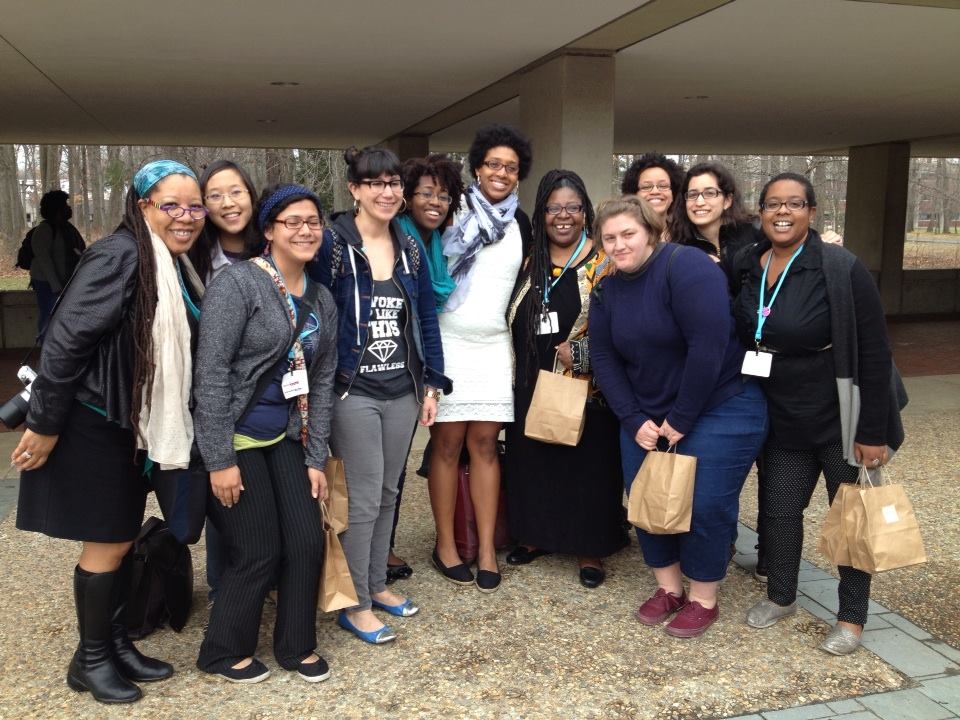
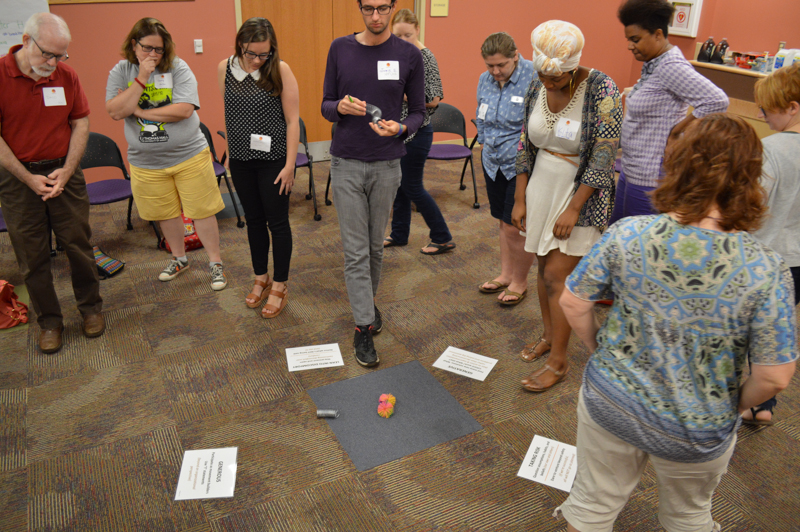


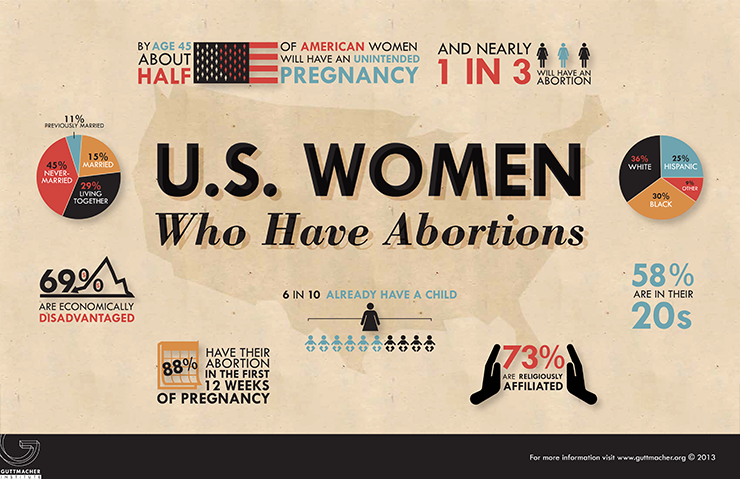
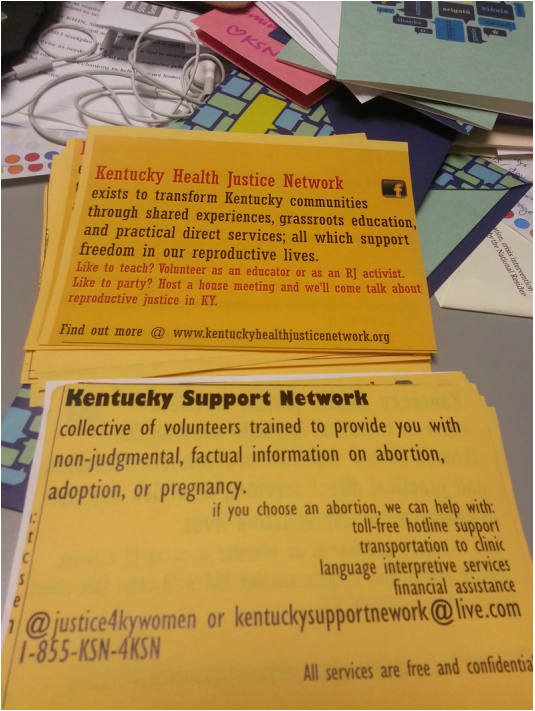
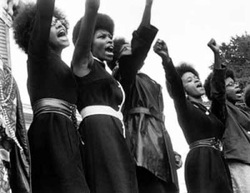
 RSS Feed
RSS Feed